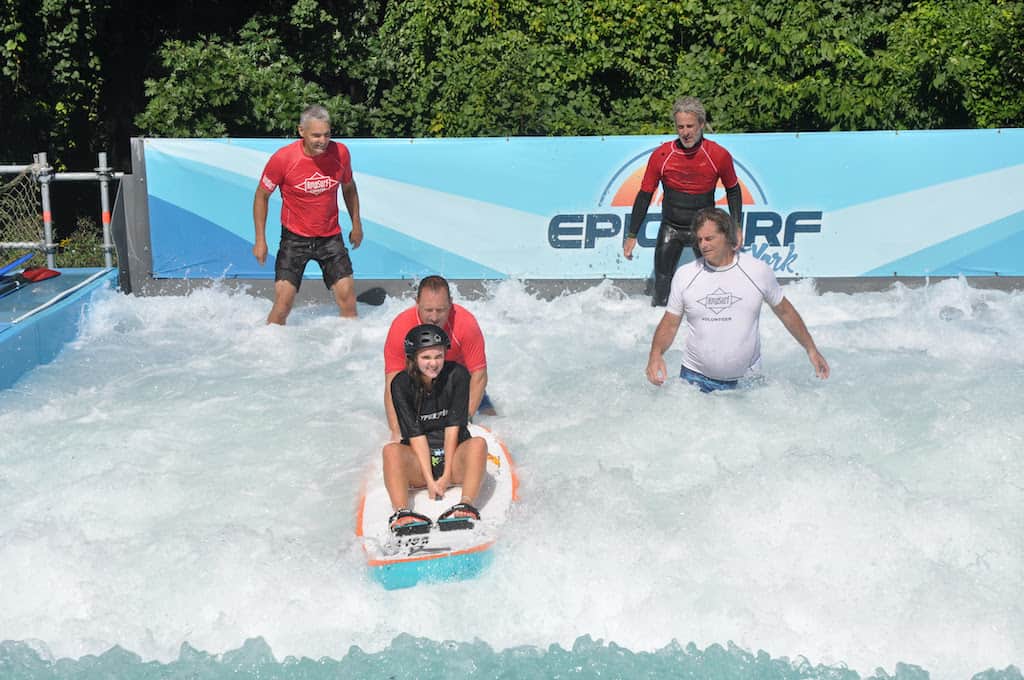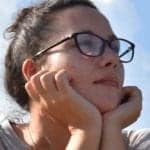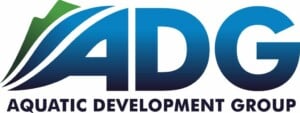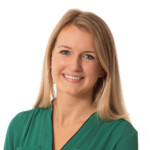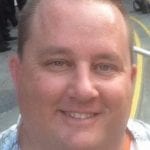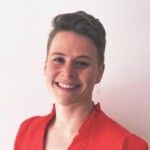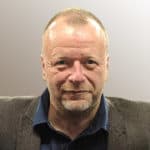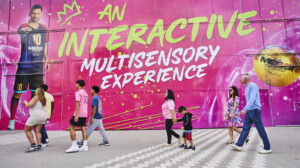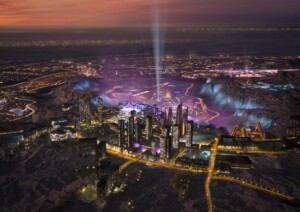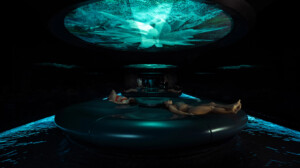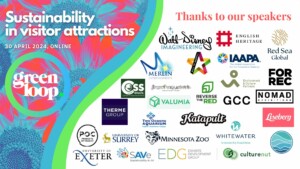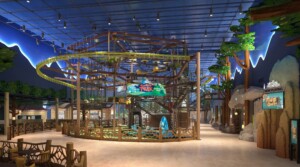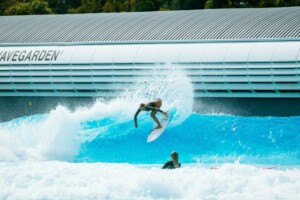Aquatic Development Group (ADG), a leading water park and recreational design, construction and manufacturing firm, is championing inclusion in the surfing industry and helping to provide access to waves for a wider audience, thanks to its EpicSurf product.
According to the World Health Organization, 15% of the world’s population (around 1.2 billion people) live with some form of disability, according to the World Health Organisation. As surfing becomes increasingly popular, it is vital to empower this section of the population and allow them to enjoy the sport too.
There is a benefit in separating the goals for improving and increasing the guest experience, regardless of whether your firm is focused on providing surf experiences or another kind of experience. The result of addressing the particular needs of people with varied abilities is “accessibility.” This idea has evolved through time to include “inclusion”, assisting a bigger audience regardless of particular conditions. As a result, inclusion and accessibility go hand in hand. They have the potential to spur innovation, and also bring benefits to a bigger audience.
Surfing rises around the world
Surfing is hugely popular around the world and is continuing to grow and evolve. After many years of waiting, surfing made its Olympic Games debut in Tokyo in 2020. Following the Games, it was discovered that the inclusion of surfing, along with skateboarding, sport climbing, and karate, was a driving force in drawing millennials. As a result, the International Olympic Committee (IOC) certified surfing as a “permanent sport” in February 2022, thus opening the doors to greater financing, highlighting other surfing disciplines, and increasing diversity in the sport.
The IOC is currently evaluating para surfing for the LA28 Games, an adapted style of surfing that enables those with physical disabilities to ride waves on a surfboard. Parasurfing’s presence in the Olympics will raise awareness and alter public perceptions of what it means to be different and still enjoy sports.
The International Surfing Association (ISA), the IOC-recognized global regulatory body for surfing, spans five continents and has 111 members, five of which are landlocked (Afghanistan, Mongolia, Nepal, Hungary, and Switzerland). Many of the member countries are not generally known for their surfing but joined the ISA in order to encourage upcoming generations of surfers and pave the way for surfing of the highest calibre.
CEO Nouf Al-Nasser is in charge of the Saudi Surfing Federation, which is the 110th country to join the international network. She says: “Our goal is to see young female and male Saudis take up surfing, SUP and wake surf – with the long-term ambition to nurture Saudi athletes so they can compete at a future Olympics.”
With the addition of Egypt as the 111th country, there are now 17 nations in Africa that are members of the International Surfing Association (ISA), demonstrating the sport’s global appeal. Other Middle East and North African nations building surfing programmes include Israel, Iran, Oman, the United Arab Emirates, Lebanon, Morocco, and Turkey.
The benefits of manmade waves
Grandview Research estimates that the 2022 global surfing market (mostly equipment) will be worth US$3.8 billion thanks to Olympic hype, well-known lifestyle brands, and social media. Meanwhile, Statista predicts that the value of surfing tourism globally will nearly double over the next decade.
Undoubtedly, the surfing industry is worth billions of dollars, but only a small number of people regularly have access to ocean waves. Reliable man-made waves are revolutionising surfing, delivering waves to all corners of the world. These technological waves remove barriers for people who seek a safe and controlled environment.
There are two categories of non-ocean waves. Progressive waves are large lagoon-type waves that mimic the ocean, while stationary waves have a smaller footprint and less water, emulating rapid river waves. A subclass of the latter is sheet waves, where a thin layer of water is projected at high speed over a trampoline-type surface.
Wave Pool Magazine says there are around 40 manmade waves open for surfing around the world and over 75 more currently breaking ground or in development. Demand for inland surfing is expected to continue in the coming years.
ADG’s top tips for inclusivity
Surfing has the power to unite people, create a positive impact, and make real change. For ADG, this narrative set the tone for the commercialisation of its newest wave technology, EpicSurf. The firm’s goal was to develop an authentic surfing experience that people of all abilities could enjoy.
In the development of EpicSurf, the team gathered insight into some of the best ways to ensure that entertainment is democratised. Their top tips include creating, and listening to, a network of expert advisors, choosing specialists that represent individuals with disabilities, veterans, or underserved communities. Furthermore, the company advises that creating true inclusivity means listening to people with a wide range of perspectives. Extend invites to the organisations in your community and the people they support.
Developers should also consider the benefits of making sure that their venues are certified autism centres, making partnerships with local groups in the process, and also looking at developing programming for different groups. Teaming up with non-profit organisations and hosting events to give back to the community are also key considerations.
EpicSurf is a deep-water stationary wave manufactured by Aquatic Development Group, a leading developer and manufacturer of wave and surf systems. Last month, EpicSurf was presented with a Surf Park Award at the Surf Park Summit in San Diego, California, for “Democratising Access to Waves for More People.”

